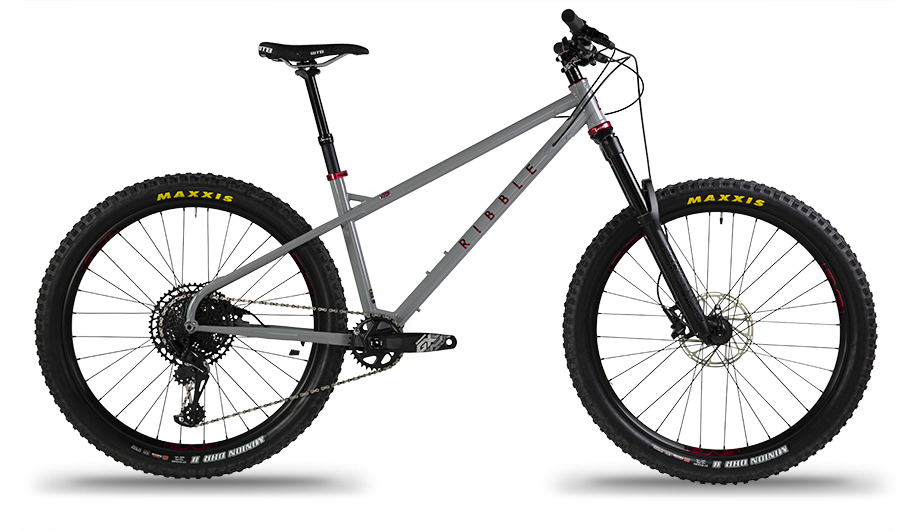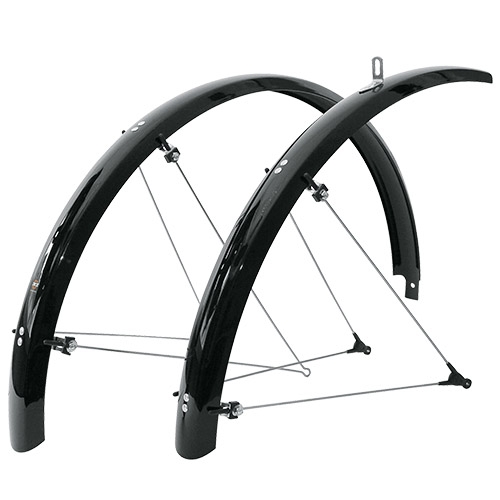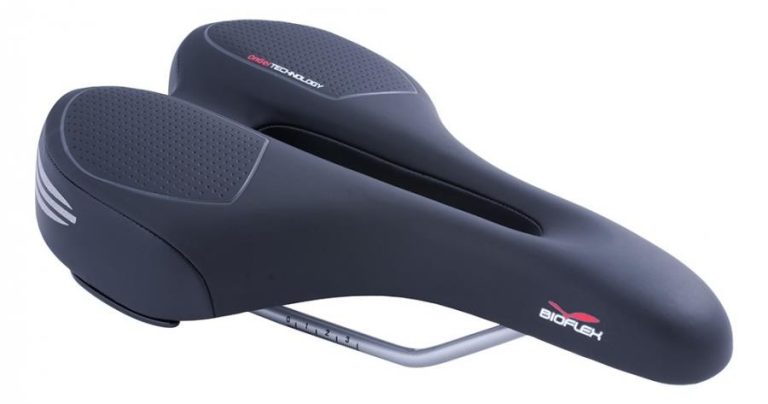As you pedal through the UK, you might have noticed the various types of bikes that glide past you. From sleek road bikes to sturdy mountain bikes, the UK is a hub for cycling enthusiasts. So, what are the most popular types of bikes in this cycling-loving nation? In this article, we will explore the top choices of bikes that have captured the hearts of the British people. Get ready to embark on a journey into the world of bicycles, where style, practicality, and passion collide!
Table of Contents
ToggleCity Bikes
Overview of City Bikes
City bikes, also known as urban bikes or commuter bikes, are designed specifically for navigating city streets and urban environments. These bicycles are versatile, practical, and perfect for everyday commuting. City bikes typically feature a comfortable upright riding position, making them ideal for short to medium distance rides.
Features and Characteristics
City bikes come with a range of features and characteristics that enhance their suitability for city riding. They often have a sturdy frame made from materials like steel or aluminum, providing durability and resilience to the demands of city streets. These bikes also tend to have wider tyres, offering better stability and grip on various surfaces.
Other notable features of city bikes include full fenders, chain guards, and built-in racks or baskets. These additions make it easier to ride in all weather conditions, protect clothing from dirt and grease, and provide convenient storage options for carrying groceries or a laptop bag.
Advantages of City Bikes
There are numerous advantages to choosing a city bike for your daily commutes. Firstly, their comfortable riding position helps reduce strain on your back and neck, making for a more enjoyable journey. City bikes also prioritize practicality and convenience, with features like fenders and chain guards protecting you from splashes and stains.
Additionally, city bikes often have a more relaxed and slow-paced feel, promoting a leisurely and stress-free riding experience. They are also designed with an emphasis on visibility and safety, often including features such as reflective strips and lights for riding in low light conditions.
Disadvantages of City Bikes
While city bikes are well-suited for urban environments, there are some disadvantages to consider. One drawback is their limited performance on off-road or uneven surfaces. The wider tyres that provide stability on city streets may not be as effective on rougher terrains.
Furthermore, city bikes may not have the same level of speed and agility as other types of bicycles. While they excel in comfort and practicality, they may not be the best choice for riders seeking a more performance-oriented experience or for those who prefer longer distance rides.
City Bikes for Commuting
City bikes are a fantastic option for commuting due to their practicality, comfort, and convenience. They are designed to handle the demands of daily urban commutes, and their upright riding position allows for better visibility in heavy traffic. With features like built-in racks or baskets, you can easily carry your belongings.
City Bikes for Leisure
Beyond commuting, city bikes can also be a great choice for leisurely rides around the city or exploring local parks and bike paths. Their comfortable riding position and focus on stability make them ideal for a relaxed and enjoyable cycling experience. Whether it’s a casual ride with friends or a solo adventure, city bikes offer a versatile and accessible option.
Mountain Bikes
Overview of Mountain Bikes
Mountain bikes are designed for off-road cycling and are built to handle rough terrains, including trails, forests, and mountains. They are known for their durability and ability to withstand challenging environments.
Features and Characteristics
Mountain bikes often have a sturdy frame made of materials like aluminum or carbon fiber, providing both strength and lightness. They also feature wide and knobby tires for improved traction and control on uneven surfaces. Additionally, mountain bikes are equipped with multiple gears to tackle various inclines and terrains efficiently.
Full suspension mountain bikes come with both front and rear suspension systems, offering enhanced comfort and control on rough trails. Hardtail mountain bikes, on the other hand, have front suspension only, making them a lighter and more efficient option for less demanding trails.
Advantages of Mountain Bikes
One of the significant advantages of mountain bikes is their versatility. They can handle a wide range of terrains and are suitable for various riding styles, including trail riding, downhill, and cross-country. With their durable construction and excellent suspension systems, they provide a smooth and enjoyable ride even on rough trails.
Mountain bikes also allow riders to explore and connect with nature. They are perfect for adventure seekers who thrive in outdoor environments and enjoy the thrill of challenging trails. Additionally, the physical demands of mountain biking contribute to improved fitness and strength.
Disadvantages of Mountain Bikes
While mountain bikes offer numerous advantages, there are some downsides to consider. Their off-road focus means they may not perform as efficiently on paved roads or urban environments compared to other types of bicycles. The wide, knobby tires that provide traction on trails can create increased rolling resistance on smooth surfaces.
Another potential disadvantage is the higher price range compared to other types of bicycles. Mountain bikes often come with advanced features and components, which can increase their overall cost. Additionally, the suspension systems on full suspension mountain bikes require regular maintenance and can add weight to the bike.
Popular Mountain Bike Brands
The UK boasts a wide range of popular mountain bike brands, including Specialized, Trek, and Cube. These brands are renowned for their innovation, quality, and commitment to pushing the boundaries of mountain biking technology.
Mountain Bikes for Trail Riding
Trail riding is one of the most popular disciplines of mountain biking, and there are specific mountain bikes designed for this purpose. These bikes often have a balance of durability, agility, and comfort, enabling riders to tackle various terrains with ease.
Mountain Bikes for Enduro
Enduro mountain bikes are designed for competitive enduro racing, featuring a combination of downhill and cross-country elements. They are typically equipped with full suspension systems, enabling riders to tackle challenging descents while maintaining efficiency for uphill sections.
Mountain Bikes for Downhill
Downhill mountain bikes are built specifically for racing downhill at high speeds. They have robust suspension systems, heavy-duty frames, and powerful brakes to handle the intense demands of gravity-fueled descents.
Mountain Bikes for Cross-Country
Cross-country mountain bikes are designed for racing on a mix of terrains, emphasizing efficiency and lightweight construction. These bikes aim to strike a balance between climbing ability and descent prowess.
(TO BE CONTINUED)







